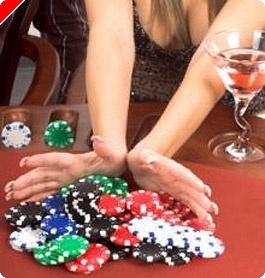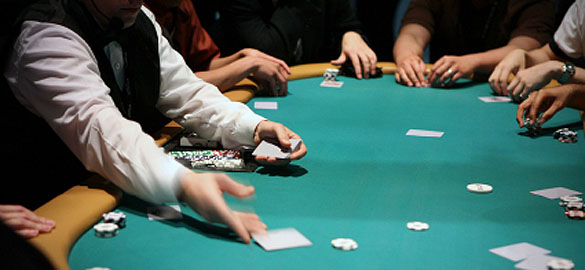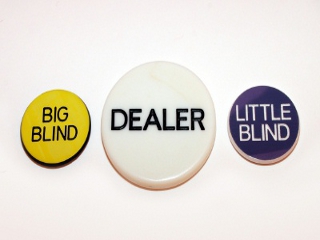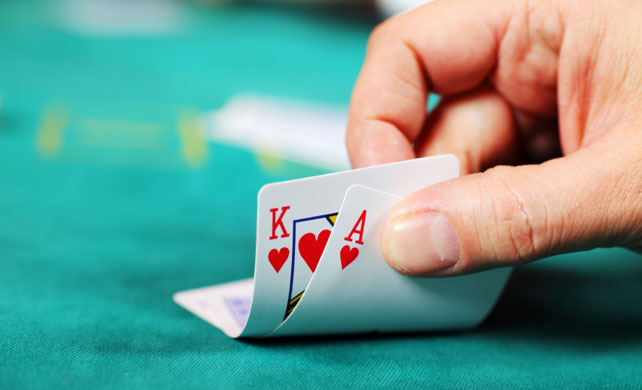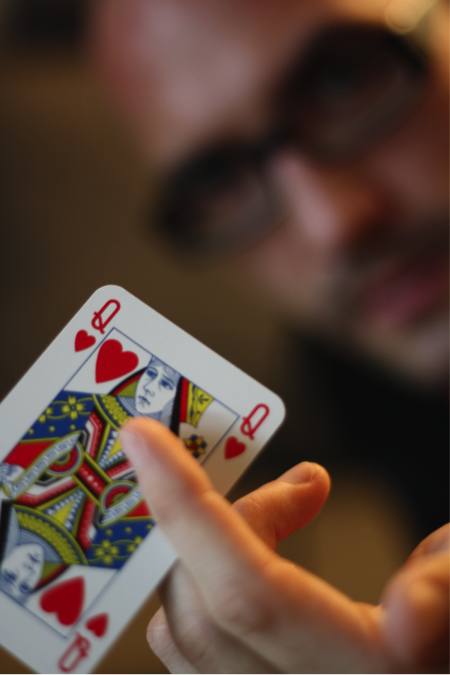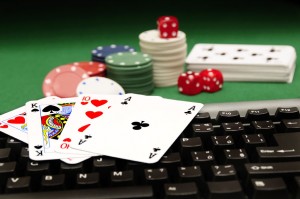In the world of poker, tempers can flare pretty easily. We’ve written a lot about the psychological side of poker, and some of you might wonder why. Well, it’s pretty simple: if you haven’t mastered your mind, you won’t be able to master poker. Yes, we all have seen WSOP moments where some of the players are rowdy or they take losses hard, but these moments are few and far between. When you’re playing your best game of poker around, you don’t need to have that type of attitude. It’s just a matter of sitting down and thinking about the right perspective, each and every time.
Do you have to fast play in poker? Well, it’s a matter of figuring out what we mean between “slow ply” and “fast play”. In this case, we mean the type of betting that you’re doing.
When you have a monster hand, one of your first reactions might be to cheer or otherwise act rashly. The thing is that players on the table are going to realize that you must have something good, which means that they’re going to fold. If you have a monster hand and you try to bet heavy right before the flop even comes down, you’re going to signal too much. This is where the slow play approach really comes in because you don’t really have that problem. If you have a great premium hand, you’re going to have to hold onto it until you can get other people to put some real skin into the game. This means that you might want to wait until the turn in order to bet real heavy. Does that mean that you don’t want to raise a little in order to keep everyone going? Of course you want to make sure that you bet along with everyone else.
In order to give yourself a few guidelines, you might want to look at not only the chip stack that you have, but the chip stacks of everyone else. You will also want to look at the type of card odds that you’re up against. Knowing your poker math comes in handy when it comes to a wide variety of situations!
Let’s not forget the fact that you also want to be changing up your game from time to time, especially if a lot of people have played you. You might not think about it from this perspective, but word really does travel fast around the world of poker. This means that it can be tempting to think that things won’t get back to people about you when you’re playing online, but this isn’t the case.
You will need to also feel out your opponent to make sure that you’re playing against someone or a group of people where slow playing your hand is really going to be the best thing. You might think that doing this to beginners is your best bet so to speak, but that’s not true either. You will actually get a lot more mileage out of the whole thing if you were to really go against advanced, aggressive players. This is because they will push in hard and with you just calling or betting light and easy, they will assume that they have you beat. When people see that they have you beat, they can bet heavy and even go all in — this is how you steal advanced player’s chips. Keep in mind that everyone is susceptible to psychological games, and slow playing is just one facet of your overall toolkit.
So yes, slow playing is definitely a good thing — start light and easy and work your way up. You’ll where you want to go in no time at all!
